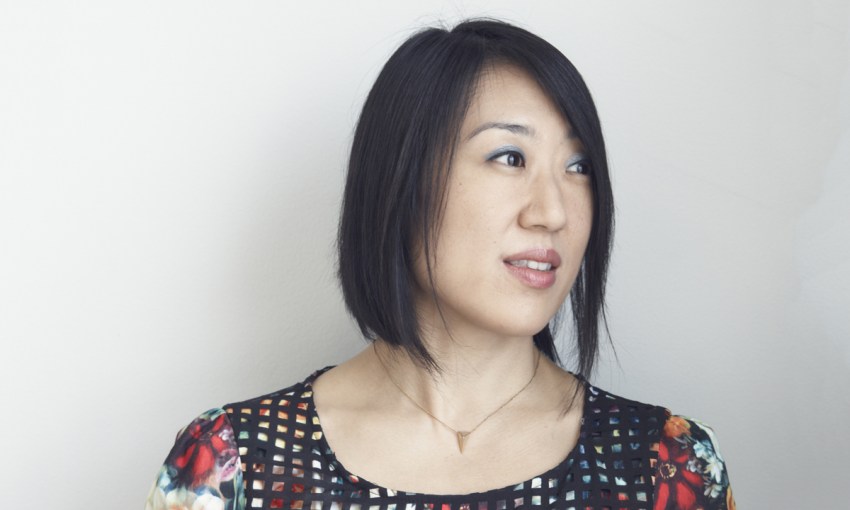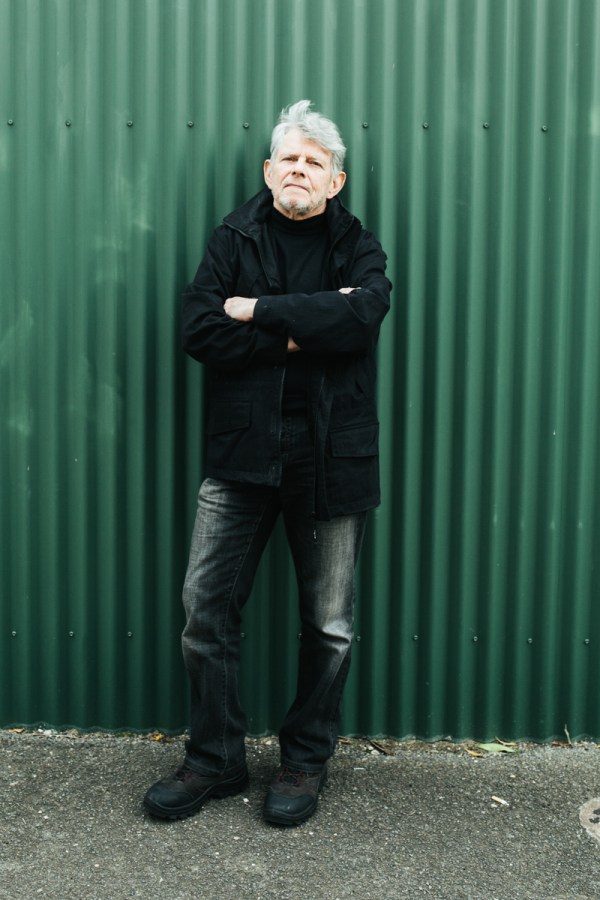The State Theatre Company breaks new ground with Straight White Men, a play that calls into question the dominance of its eponymous cohort.
The woman behind the men
Conversations about privilege haven’t really broken into the mainstream in a productive way.
Straight White Men is showing July 1 – 23 at The Space Theatre as part of The State Theatre Company’s 2016 season.
Usually confined to shouting in internet comment sections or in university tutorials, these discussions, while necessary for progress, are frustratingly circular: how can we discuss privilege when the people who need to listen aren’t listening and the people most qualified to do the speaking are busy relentlessly policing themselves and each other?
There’s no clear resolution or satisfying end to the problem in sight.
The State Theatre Company is entering the fray with its showing of Young Jean Lee’s controversial play Straight White Men as part of its 2016 season.
An experimental New York play-wright whose comedies explore how external prejudices and ideas interact with the way we inhabit our bodies and identities, Young’s work is brutal and powerful precisely because it’s so funny.
In Straight White Men, she aims to circumvent the usual pitfalls of discussing privilege by making the dominant identity – that of the heterosexual, cisgender, white man – feel alien.
“People have only recently started thinking of straight white maleness as an identity the way they would think of Asian female-ness as an identity,” says Young.
“For a long time, straight white men were always considered the ‘default human’ or ‘universal hero’. Now they are starting to get slapped with this label of ‘straight white man’, and they don’t like it. So they are just now starting to experience this thing that minorities have been experiencing for generations.”
The play focusses on a family Christmas where four straight white men, a father and his three middle-aged sons, get together. Young, whose work usually challenges naturalistic theatrical convention, places Straight White Men within a traditional theatrical framework, allowing the notion of straight white maleness into every aspect of the play.
“I saw the traditional three-act structure as the ‘straight white male’ of theatrical forms, or the form that has historically been used to present straight white male narratives as universal,” she says.
“And I thought it would be interesting to explore the limits of that form at the same time as its content – to bring the two together into one big nightmare.”
The comedy interrogates privilege by building it up using the naturalist structure, while simultaneously aiming to break or question it at every turn.
“I tried to create a pre-show environment with music that would make someone like me feel comfortable and at home … loud hip-hop with raunchy lyrics by female artists,” says Young.
“Wherever we’ve done the show, some audience members – definitely not all, but a lot of them – have gotten very upset, because they didn’t feel comfortable in that environment.
“They felt that the music was aggressive toward them, and when they tried to make it stop and no one would comply with their requests, they got extremely angry. It really highlighted the privilege of our audiences. And I added a transgender/queer non-straight-white-male character to be the announcer at the beginning of the show and to direct the transitions, which are lit, to show that a non-straight-white-male was running the show.”
It’s this tension between the traditional and the non-traditional, the white and non-white, straight and non-straight and male and non-male that is at the heart of the show’s comedy, and from which springs its power.
“It’s about destroying complacency,” says Young.
“What I love about Straight White Men is that the audience laughs through most of it, and when it’s over they tell me they were left with a horrible feeling that irked them because they couldn’t precisely define what made them feel that way. The last thing I wanted to do was make a show dealing with privilege that left both the audience and me feeling satisfied.”
Like the concept of privilege itself, the play promises to be demanding. And that’s the point. When it comes to Young Jean Lee and Straight White Men we think there’s plenty of satisfaction to be had in not feeling satisfied.





